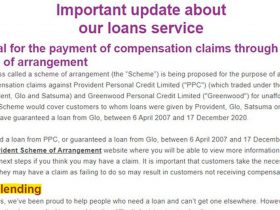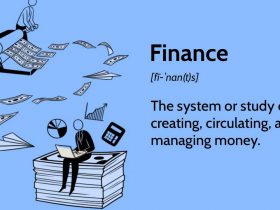Energy debt has become a problem for many people in the UK. Research has found that this is an issue that disproportionately impacts vulnerable energy consumers. This comes at the same time as a report suggesting that existing support for vulnerable energy consumers isn¡¯t being consistently applied across the sector and that change is required to ensure that those who are chronically sick, disabled, on low incomes, pensioners or in debt don¡¯t end up in difficulties as a result of energy debt.
 Who are vulnerable energy consumers?
Who are vulnerable energy consumers?
The Competition & Markets Authority (CMA) defines this as ¡°any situation in which an individual may be unable to engage effectively in a market and as a result, is at a particularly high risk of getting a poor deal.¡± This can be broken down into two distinct categories:
- Market-specific vulnerability. This type of vulnerability might arise, for example, where energy consumers are required to make a decision on the basis of imperfect information or where that decision involves handling complex estimations of risk or probability (which tends to be the case with many financial products).
- The vulnerability associated with personal characteristics. The second category of vulnerability defined by the CMA covers situations where this arises due to personal circumstances. So, this could be as a result of mental health issues, physical disability or reduced income. These, too, create a situation in which an individual can become vulnerable as an energy consumer as a result of the persistent problems this can create.
Where are the issues arising?
Research compiled by Citizens Advice identified that there are a number of barriers to vulnerable energy consumers getting the kind of support that could transform their situation. In 2018, the organisation helped 43,232 people with energy debt problems. Almost half of those who contacted Citizens Advice had either a long-term health condition or a physical disability. Citizens Advice identified three key barriers making it difficult for these vulnerable consumers to find their own way out of energy debt problems:
- The way that energy companies approach chasing those who owe them money is aggressive. It can be intimidating and frightening for consumers and often results in worsening of existing problems.
- It is difficult for vulnerable energy consumers to engage with their energy supplier.
- Those who fall into the vulnerable energy category are much less likely to take advantage of any support offered unless it is specifically framed as a solution to their current issues.
There are already a number of examples of energy companies that have been held accountable for actions that could potentially compromise vulnerable customers. For example, Economy Energy was blocked from taking on new customers as a result of a number of practices the supplier was engaging in. This included requesting a one-off payment to clear a negative balance, which Ofgem indicated could be troublesome for vulnerable customers. The energy provider has since collapsed.
The Commission for Customers in Vulnerable Circumstances
Citizens Advice is not the only organisation currently looking at the problems that surround energy debt for vulnerable consumers. The Commission for Customers in Vulnerable Circumstances is an independent commission launched by the energy industry’s trade association Energy UK. It recently delivered a report that found that, while support does exist for vulnerable energy consumers this isn¡¯t being consistently applied by energy companies. In fact, the report described the existing service to customers in this category as ‘inadequate and inconsistent.’ It said:
- Energy suppliers aren¡¯t taking their responsibilities to vulnerable energy customer seriously enough
- Across the industry, suppliers are inconsistent in terms of the way that vulnerable energy customers are treated
- Customers often don¡¯t feel able to willingly disclose themselves as vulnerable
- A lack of user-friendly communication options often leads to vulnerable customers being disenfranchised e.g. older customers who don¡¯t have internet access or those who find it difficult to speak to strangers over the phone
The Commission has made a number of key recommendations to Ofgem and the Government, including suggesting that a new regulatory framework is introduced to ensure that energy companies are meeting the needs of vulnerable customers. It has also suggested that customers who are struggling with the costs of energy should be given initial support and guided towards a long-term solution. So, while the energy industry is not currently providing the right level of support for vulnerable customers, there is hope that these consumers will be better protected in the future.
Related Stories
- The UK’s proposed energy price cap
- Are you paying too much for your home’s energy?
- Save money by switching away from the “Big 6”











Leave a Reply